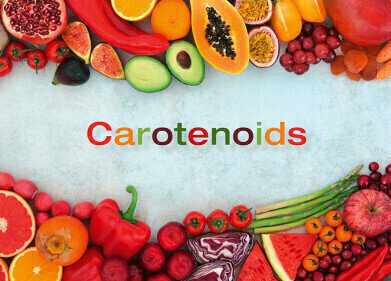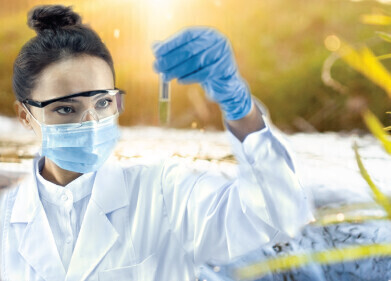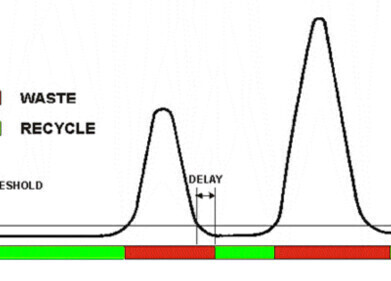HPLC, UHPLC
Can Fathers' Phthalate Exposure Affect Development in Embryos?
Feb 01 2017
Wanting to have a child is one of the strongest desires known to humans — indeed in all animals. It is basically the reason we exist, to pass on our genetic material so a little part of us survives into the future. So, anything that can disrupt that process is a worrying prospect.
A recent study carried out by scientists — from the University of Massachusetts and the Baystate Medical Center in Massachusetts — has looked at the effect of one of the most ubiquitous class of compounds in modern life on the process of fertilization and making babies.
Phthalates — impossible to get away from
Phthalates, or more properly phthalate esters, are esters of phthalic acid that are widely used in the plastics industry. They are added to plastics to improve their flexibility and durability. Phthalates are used in different plastics — most of them common products that are found in many homes and workplaces.
But, because of the way that phthalates interact with plastics, they are easily released from the plastic into the environment, including our bodies. The phthalates basically just get tangled with the polymer chains forming the plastic — there is no strong covalent bond between the phthalate and the plastic. It is estimated that most people in the US have some phthalate metabolites in their urine.
And once in the environment, or body, phthalates are suspected of having some wide-ranging health effects. One of the most worrying was as endocrine disruptors which resulted in their being banned from use in children’s toy and eating utensils as discussed in the article, Optimising Analysis of Phthalates in Plastic Toys Using the Agilent 1290 Infinity Method Development Solution.
Preconception paternal health issues
The team in Massachusetts investigated whether preconception exposure to phthalates in fathers influences reproduction. They concentrated on fifty couples undergoing in vitro fertilisation (IVF) treatment at the Baystate Medical Center. This provided the researchers with 761 oocytes (immature egg cells), of which 261 were high quality cleavage stage embryos (where one cell divides into two, then four etc.) and 137 transferable quality blastocysts (five-day old embryo ready to be transferred to the mother).
The phthalate concentration in the male and female partners was measured using liquid chromatography mass spectrometry — with seventeen urinary metabolites of phthalates quantified. The study found that there was a link between the levels of phthalates in the urine of the male and the quality of the blastocysts at day five.
In a press release from the University of Massachusetts, the authors state that the study:
‘provides the first data demonstrating associations between preconception paternal phthalate and phthalate alternatives and embryo development, in a critical step towards our understanding of the paternal contributions to reproductive success.’
No mechanism for the effects of the phthalates is reported, but the team add that ‘future studies are needed to investigate the long-term effects of altered embryo development.’
Digital Edition
Chromatography Today - Buyers' Guide 2022
October 2023
In This Edition Modern & Practical Applications - Accelerating ADC Development with Mass Spectrometry - Implementing High-Resolution Ion Mobility into Peptide Mapping Workflows Chromatogr...
View all digital editions
Events
Apr 28 2024 Montreal, Quebec, Canada
May 05 2024 Seville, Spain
May 15 2024 Birmingham, UK
May 19 2024 Brno, Czech Republic
May 21 2024 Lagos, Nigeria














